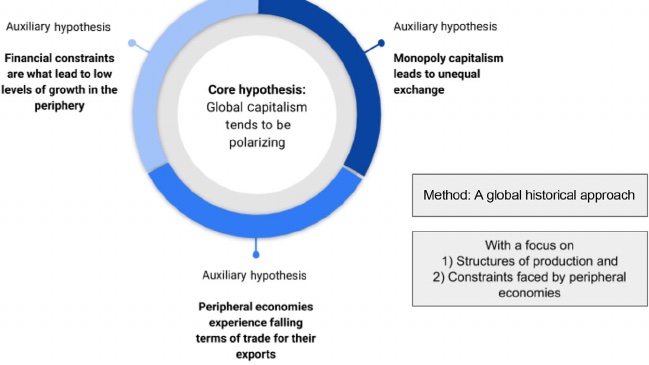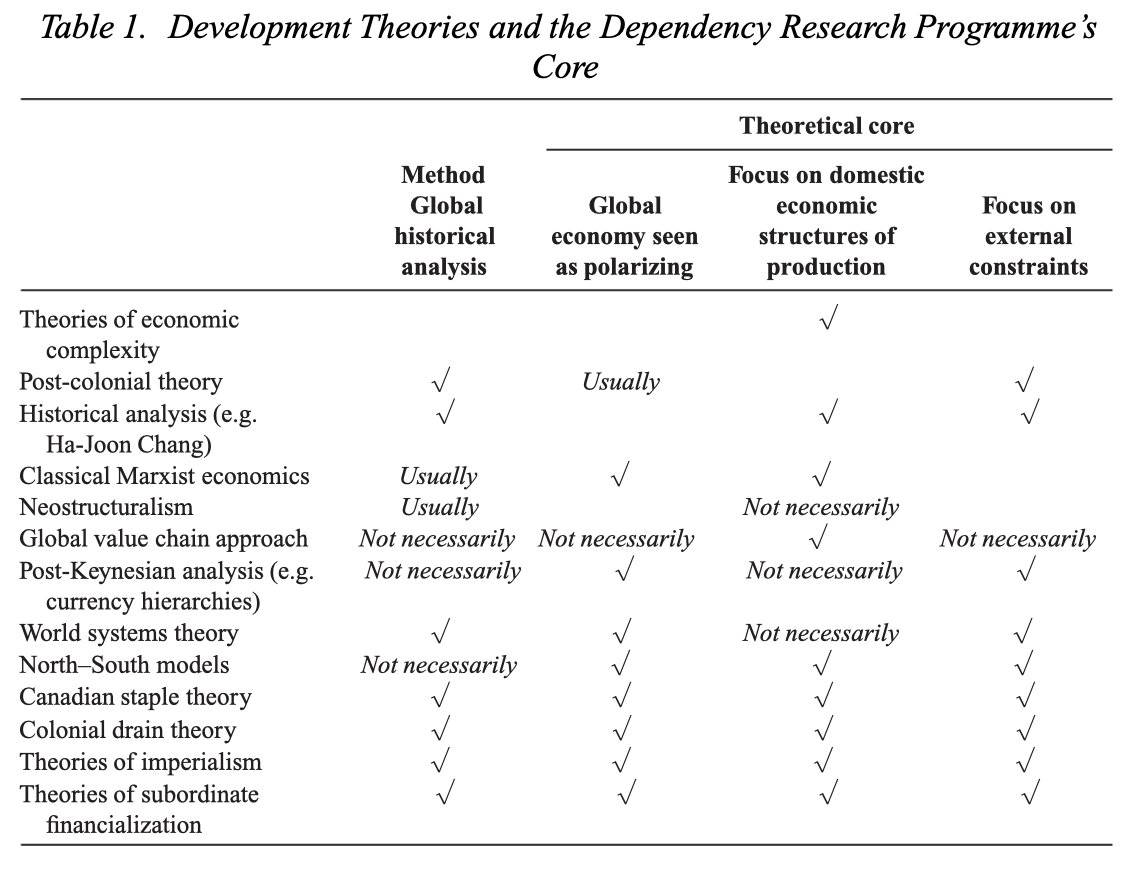That line of inquiry I started as an Econ PhD student at @NSSRNews has now culminated in a @DevandChg article!
Any feedback is very welcome. Here's a thread 👇 onlinelibrary.wiley.com/doi/full/10.11…
The question then is, what unifies the family of theories?
The Dep research programme offers a fruitful alternative.




